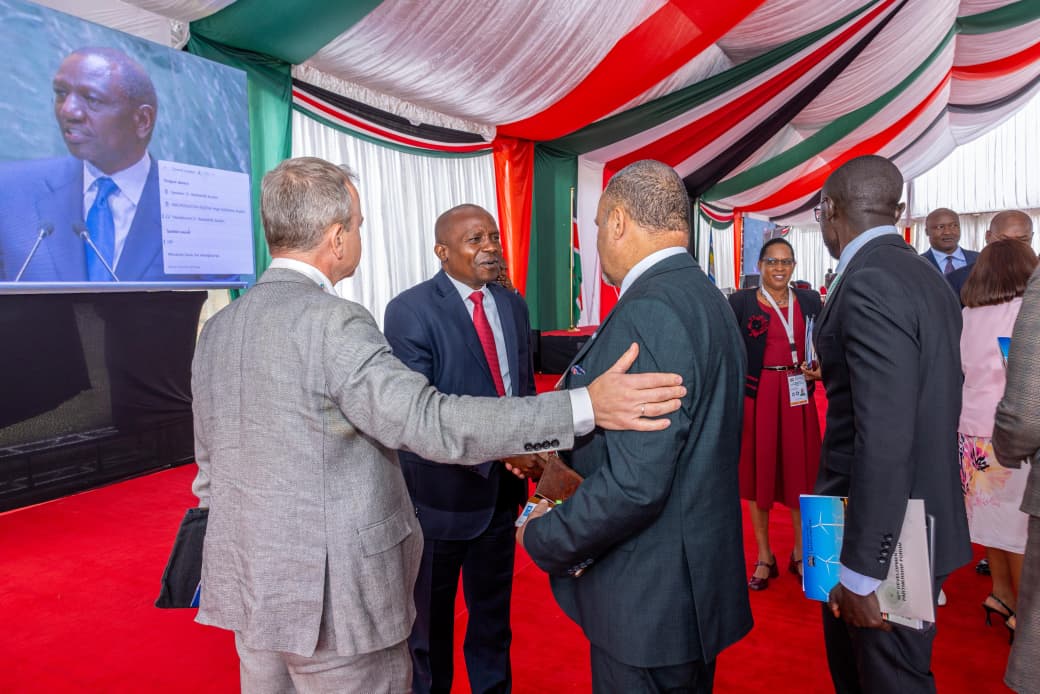

Deputy President Kithure Kindiki has called on development
partners to align their support with the government’s Bottom Up Economic
Transformation Agenda.
Speaking during the 13th Development Partnership Forum at
his official residence in Karen, Kindiki said this alignment would speed up the implementation of projects and strengthen collaboration.
“We are requesting our development partners to align existing
and future programmes with priorities of the Kenya government, especially the
Bottom Up Economic Transformation Agenda spearheaded by this administration and
the Kenya Vision 2030,” he said.
The Deputy President acknowledged the role played by
partners in funding and supporting major initiatives.
Some of the multi-billion-shilling projects already underway
include the Isiolo-Mandera infrastructure project and the National Youth
Opportunities Towards Advancement (NYOTA) program.
“We do not take for granted that with the collaboration with
Development Partners, the Government of Kenya has made impressive achievements
in terms of socio-economic development as well as the management of our
environment and natural resources,” he added.
The forum, co-chaired by Germany’s Ambassador to Kenya
Sebastian Groth and United Nations Resident Coordinator Stephen Jackson, brings
together senior officials from partner organizations, Cabinet Secretaries, and
members of constitutional commissions.
Kindiki highlighted challenges slowing down progress,
including delays in releasing funds, lack of predictable counterpart funding by the government, and uncoordinated off-budget support.
“The absence of clear, predictable counterpart funding
requirements embedded within financing agreements continues to pose a serious
impediment to project implementation,” he noted.
He warned that uncoordinated off-budget support could lead
to double allocation of resources, poor planning, and accountability gaps.
The Forum was attended by senior representatives of various
development partners, respective Cabinet Secretaries, and members of
constitutional commissions and offices.
It aims to strengthen coordination among the partners and to keep track of co-funded programmes and projects.












![[PHOTOS] Elgeyo Marakwet landslide victims arrive in Eldoret for care](/_next/image?url=https%3A%2F%2Fcdn.radioafrica.digital%2Fimage%2F2025%2F11%2F425460d9-7ff1-4975-8a1f-cd0aaefb7812.jpg&w=3840&q=100)

